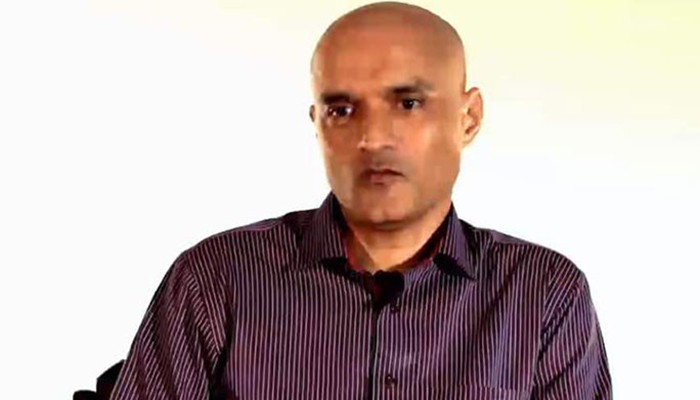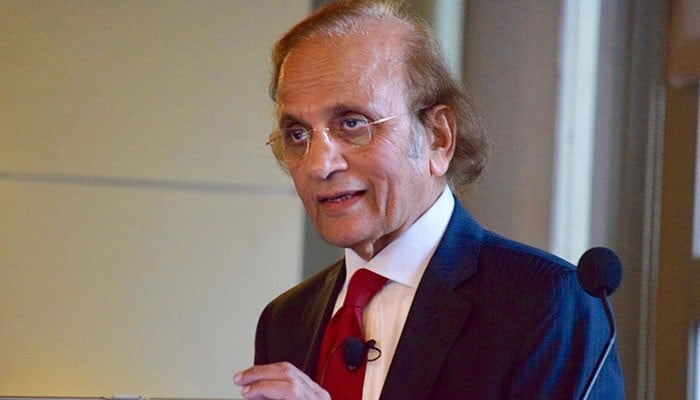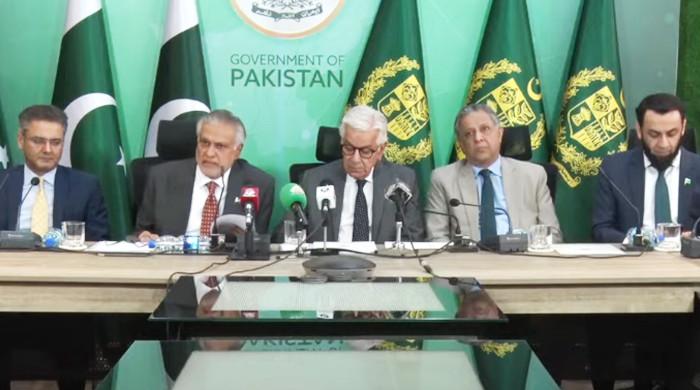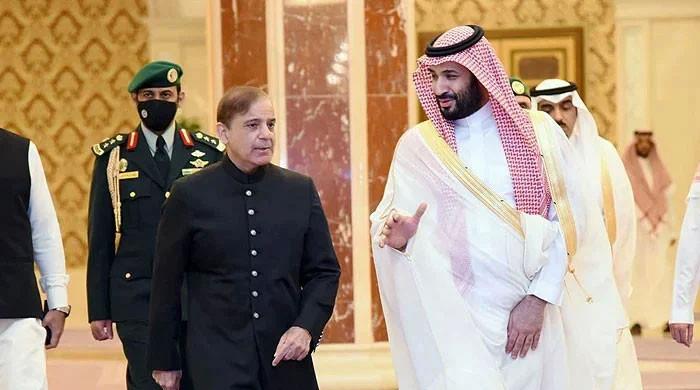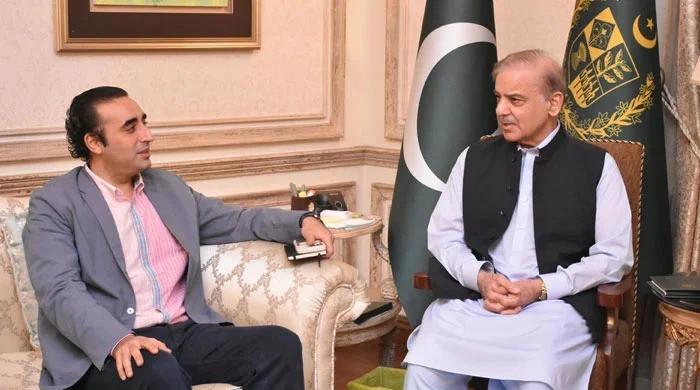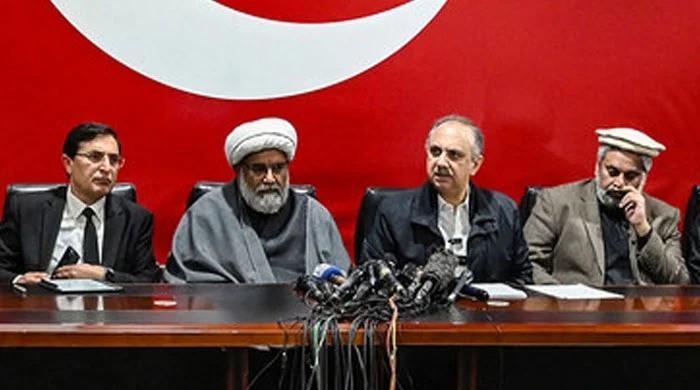Pakistan allows Kulbhushan Jadhav to meet wife, mother on December 25
Jadhav is facing a death sentence after his trial by a military court
December 08, 2017
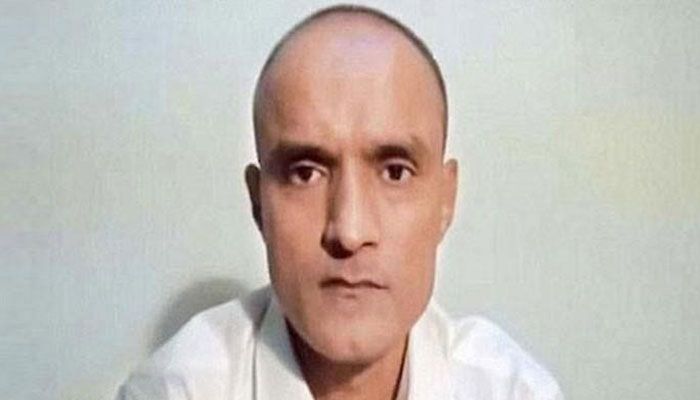
ISLAMABAD: Indian spy Kulbhsuan Jadhav has been allowed to meet his wife and mother on December 25, Foreign Office spokesman Dr Mohammad Faisal said on Friday.
During his weekly news briefing, the spokesman said a staff member from the Indian embassy will also be present during the meeting.
With regards to the recognition of Jerusalem as the Israeli capital by US President Donald Trump, the FO spokesperson stated that the Pakistan has serious reservations over the move.
"The US decision is in violation of international law and UN resolutions," adding that the move will have dangerous repercussions on regional security.
Jadhav's mother informed of decision: Indian govt
"I have spoken to Mrs Avantika Jadhav mother of Kulbhushan Jadhav and informed her about this," wrote Indian External Affairs Minister Sushma Swaraj on Twitter following Pakistan's announcement.
Swaraj, in a series of message, stated that India had asked Pakistan to give the visa to Jadhav's mother as well after its decision to allow his wife to meet him.
She added that Pakistan has assured the Indian government of the safety, security and freedom of movement of Jadhav's family.
Who is Kulbhusan Jadhav?
According to the Pakistan Army, Kulbhusan Sundir Jadhav alias Hussein Mubarak Patel was arrested on March 3, 2016, through a counter-intelligence operation from Mashkel area of Balochistan for his involvement in espionage and sabotage actives in Pakistan.
Jadhav, an on-duty officer for the Indian Navy, confessed to his crimes in a recorded video statement televised by the army last year following his arrest.
On April 10 that year, Pakistan sentenced the RAW agent to death for carrying out espionage and sabotage activities in Balochistan and Karachi.
After his trial in a military court, Chief of Army Staff General Qamar Javed Bajwa confirmed the death sentence awarded by the Field General Court Martial under the Pakistan Army Act.
India takes the case to ICJ
In reaction to the move, Pakistan’s relations with neighbour India tensed, and India approached the International Court of Justice (ICJ) to hear the case.
On May 18, 2017, ICJ ordered Pakistan to halt the execution of Jadhav until a final decision in the proceedings.
"Pakistan shall take all measures at its disposal to ensure that Jadhav is not executed pending the final decision in these proceedings," ordered Judge Ronny Abraham, president of the court, as he announced the decision.
The ICJ rejected Pakistan's stance and stated that the court had jurisdiction and would hear the case and seek arguments from both parties.
On September 13, India submitted its reply (pleadings) to the ICJ pertaining to the case, according to the Indian Ministry of External Affairs.
Pakistan will submit its counter-pleadings in the case on December 13.
In October, Pakistan nominated former Supreme Court chief justice Tassaduq Hussain Jilani as the ad-hoc judge at the ICJ to defend his side in the Jadhav case.
Under Article 13 of the ICJ law, Pakistan can send an ad-hoc judge to the court.
